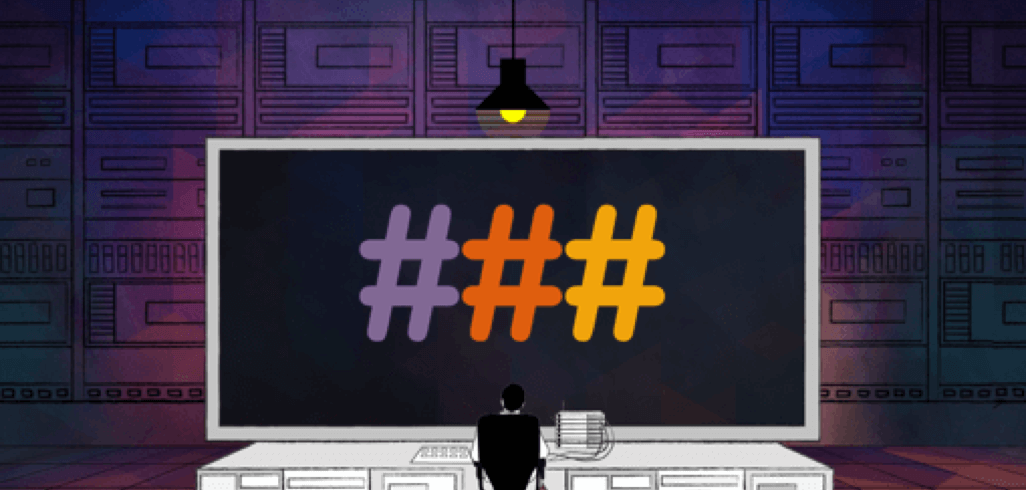
Netconf 2020 edition
An unconference on the technical, economic and social aspects of network engineering and infrastructure
Mar 2020
23 Mon
24 Tue
25 Wed
26 Thu
27 Fri 08:55 AM – 09:00 PM IST
28 Sat
29 Sun
Rohini Lakshané
@rohinilakshane
Submitted Mar 14, 2020
A free-wheeling discussion about significant findings from a usability testing exercise conducted on the whitelist issued for Internet access in Jammu and Kashmir in January 2020 and related issues regarding Internet access.
Target audience:
Policy makers
ISP representatives
Government representatives
Technology/ law groups/ enthusiasts
Civil society groups
Key takeaways:
Internet shutdowns as instruments of policy in J&K and the rest of India.
How alternatives such as whitelists will play out.
Call for feedback/ suggestions regarding methodology and policy interventions.
We performed usability testing of the whitelist for Internet access issued by the government of Jammu and Kashmir (J&K) in January 2020. The session presents significant findings from the study done from the perspective of the end-user, its methodology and limitations, and various challenges involved in empirically analysing the whitelist. We will also shine a light on the timeline and events leading up to the issuance of the whitelist and various developments that happened after the whitelist was released. It was updated periodically, which required us to make changes to the technical tests and the logging of results, until the list was scrapped in early March. We will also speak about the selection of entries in the whitelist and the current status of Internet access in the region.
J&K has experienced prolonged armed conflict and public unrest over the past few decades, which have shaped the nature of civil liberties that can be exercised in the region. An Internet shutdown that lasts 5.5 months and is followed by whitelist-mediated Internet access for an indefinite period, for a population as large as the one residing in the Jammu and Kashmir region is an unprecedented occurrence. The whitelisting arrangement with speeds restricted to 2G, when implemented as an alternative to blanket Internet shutdowns has severe and long-lasting implications for, inter alia, the economy, Internet policy and human rights. In this session, we hope to have a free-wheeling conversation with the participants about the technical and policy implications of such approaches to Internet access. We also hope to obtain feedback and suggestions from the participants about our methodology, technical results, and subsequent policy interventions.
None
Rohini Lakshané and Prateek Waghre
Rohini Lakshané is an engineer by training and a researcher working at the intersection technology, policy and civil liberties. As the Director (Emerging Research) at The Bachchao Project, a small techno-feminist collective, she co-authored “Of sieges and shutdowns” (2018), an exploratory study of how unreliable telecom connectivity and intentional Internet shutdowns adversely impact the lives of women in Manipur, India. The findings from this greenfield study have been presented at various regional, national and international fora.
Prateek Waghre is a Research Analyst at The Takshashila Institution, an independent center for research and education in public policy, where he is studying the influence(s) of technology in democratic societies. He also has experience running product platforms for content delivery networks (CDNs) in China and Russia.
{{ gettext('Login to leave a comment') }}
{{ gettext('Post a comment…') }}{{ errorMsg }}
{{ gettext('No comments posted yet') }}